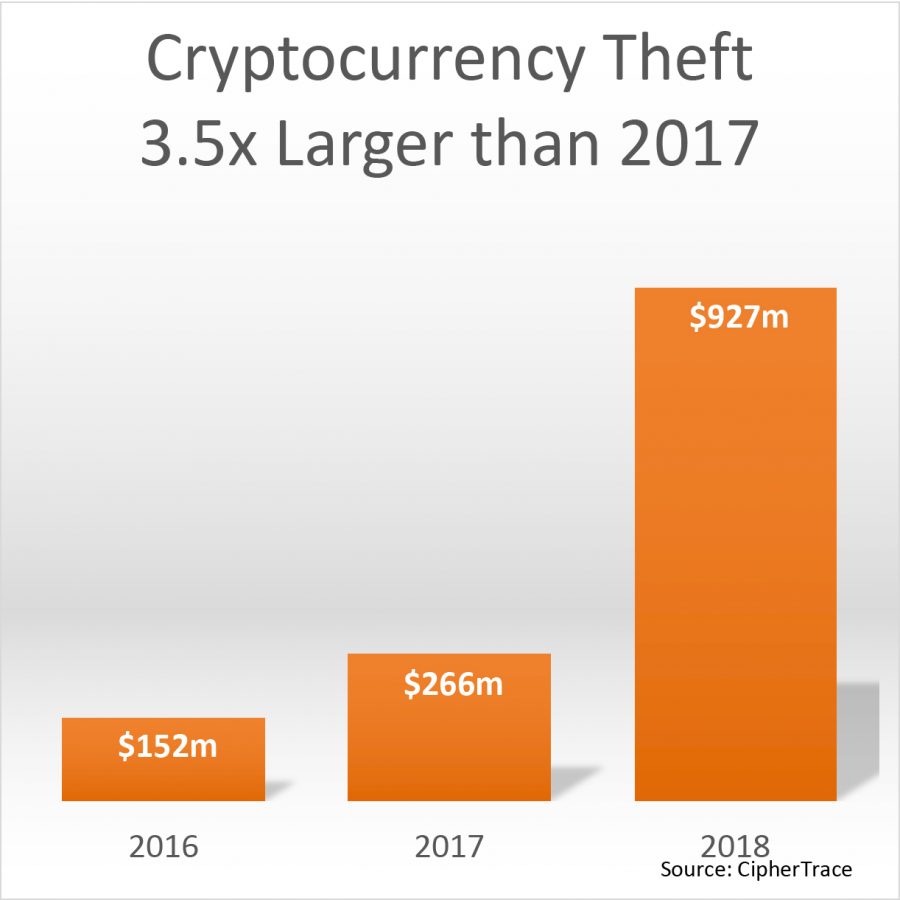Isabel Messore
Staff Writer
Cryptocurrencies have become a global phenomenon known by most people. The virtual currency has sparked controversy for a national debate. Should there be limitations? How would it be regulated? Could cryptocurrencies take over the use of physical money? These are questions that officials all over the world are discussing.
Cryptocurrencies are particularly favorable to the public because of the anonymity of the currency. For one, this element could be beneficial for investors, considering it would prevent fraud and identity theft. Under cash/credit systems, your entire transaction history may become a reference document for the bank or credit agency involved. This might involve a check of account balances all the way to an examination of financial history. Since there are no banks involved with cryptocurrencies, there are only two parties, the receiver and sender. This guards the privacy of financial history and protects users from threats to their account. In terms of fraud, since the transactions are irreversible they protect against fraud; an agreement is made by buyer and sender regarding refunds in the event of a mistake or return policy. The blockchain and transaction processes are a safeguard against fraud and account tampering, and guarantees consumer privacy (Finjan).

Cryptocurrency is also appealing due to the reduction of international fees involved in transactions. Though largely unrecognized as legal on national levels, cryptocurrencies are not subject to the exchange rates, interest rates, transactions charges, or other taxes imposed by a specific country (Rosic). Through using the peer-to-peer mechanism of the blockchain technology, cross-border transfers and transactions may be conducted without complications over currency exchange fluctuations. The international benefits are that the price is reduced for international trading and an elimination of transaction fees from traditional electronic trades. This makes it one of the safest means of trade.
However, cryptocurrencies tend to manifest in illegal activity, which is why regulations are needed. Cryptocurrencies are irreversible, anonymous, and untraceable. This makes it viable on the black market, where people are able to purchase illegal substances and weapons, because there is no bank needed for transactions. Since governments cannot trace the senders and receivers of cryptocurrencies, it is extremely difficult to detect suspicious activity.
According to a study from the University of Sydney Business School, they found that, “Approximately one-quarter of all users, 25 percent, and close to one-half of Bitcoin transactions, 44 percent, are associated with illegal activity.” Illegal activity accounts for a substantial proportion of the users and trading activity in Bitcoin alone. If we were to account for all forms of cryptocurrencies, the numbers for increase exponentially. In addition, “approximately one-fifth, 20 percent, of the total dollar value of transactions and approximately one-half of Bitcoin holdings, 51 percent, through time are associated with illegal activity (Pollock).” The illegal activity associated with cryptocurrencies is a significant reason for regulations. Foran High School business teacher, Mrs. Louise Brown, stated “Cryptocurrencies are extremely vulnerable to hackers since they are not protected by banks. When someone steals your credit card you can get your money back because it’s connected to the bank, but cryptocurrencies are from outside locations and not backed by institutions.”
The anonymity of the currency is also associated with terrorism. The weapons purchased with this currency are untraceable due to the blockchain technology, making it favorable to terrorist organizations. Digital currencies are created through a process of ‘mining’ to verify each transaction on a blockchain. Although the information on each transaction is recorded on the blockchain, the data is not directly linked to names, physical addresses, or other identifying information, hence they are not traceable by government. The transactions for cryptocurrency are irreversible. In other terms, the blockchain network cannot recall a verified bitcoin transaction unless the recipient returns coins back to the sender. In this case, digital currencies prevent double spending and ensure that money cannot be duplicated. The blockchain will reject a duplication, aiding criminals and terrorists purchasing goods on the dark web from being scammed.

The government does not have enough power to control cryptocurrencies, the only solution would be to put in place restrictions so the government could have some control; or at least limit the amount of illegal activity. Mrs. Bethany Gilman says “Cryptocurrencies offer opportunity to trade without exchange rate being an issue. However, the greater concerns would be that there are opportunities to engage in illicit activities.” If regulations are put into place, the illegal activity would be reduced and people would still be able to indulge in the benefits of cryptocurrencies.
The only way for cryptocurrencies to be eliminated completely is to shut down the source, the internet. However, this is an unrealistic option and the benefits of cryptocurrencies would be eliminated as well. Junior, Dilahn Isaku says “ I know cryptocurrency because of video games, but I’m not really sure how they’re used outside of that. I think that the government needs to make people aware of the risks associated with it.” The access to these illegal substances makes the threat of terrorism too high of a price to pay for unregulated cryptocurrencies. One regulation to reduce illegal activity, would be to require digital currency exchange users to disclose their identities. This would make people more cautious before making purchases on the darkweb using cryptocurrencies.
There are still ways to reduce the amount of use of cryptocurrencies. One way is to restrict the trade from digital currency to actual currency and regulate how banks and cryptocurrencies cross paths. This would separate cryptocurrencies from the government’s economy, effectively making them less valuable. Through this method the government could control decentralized and anonymous cryptocurrency by having access to the blockchain through the miners. The digital ledger would allow them access to the information and transactions from suspicious activities.








